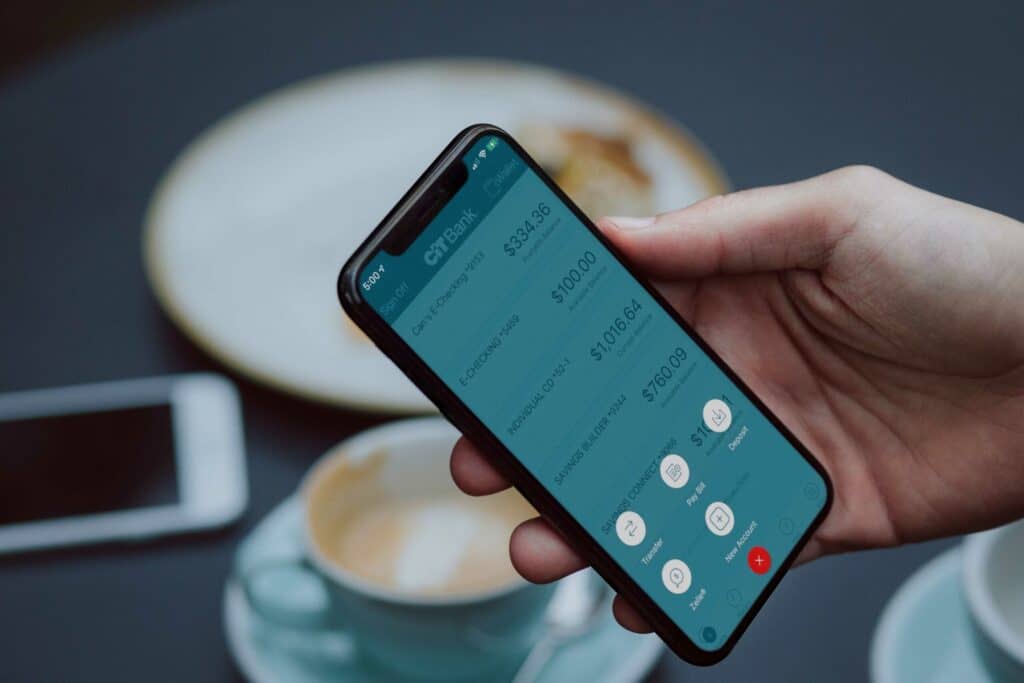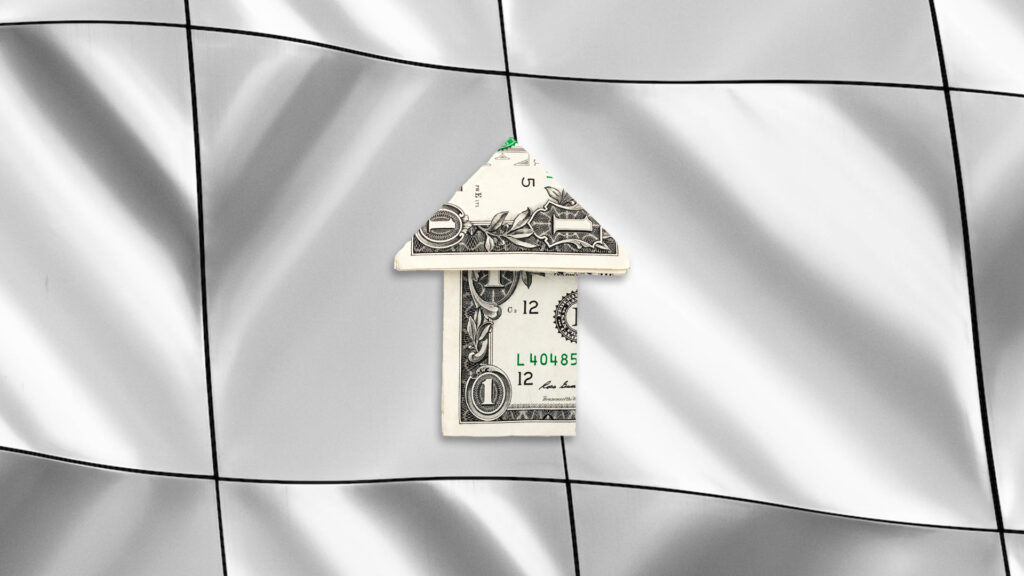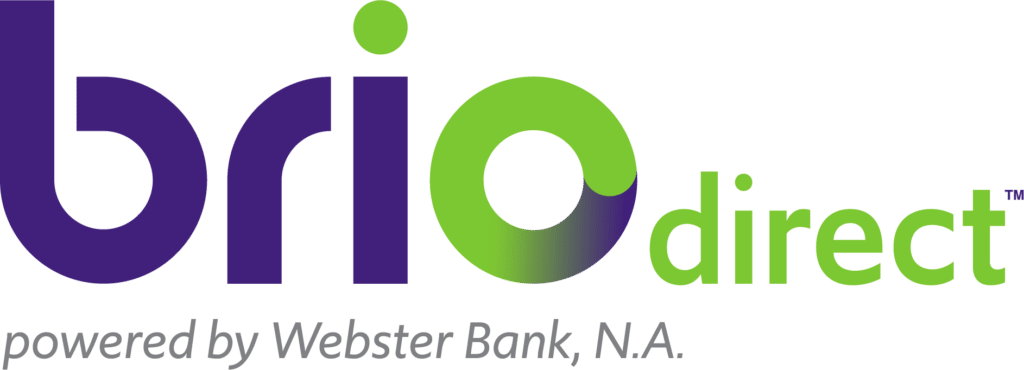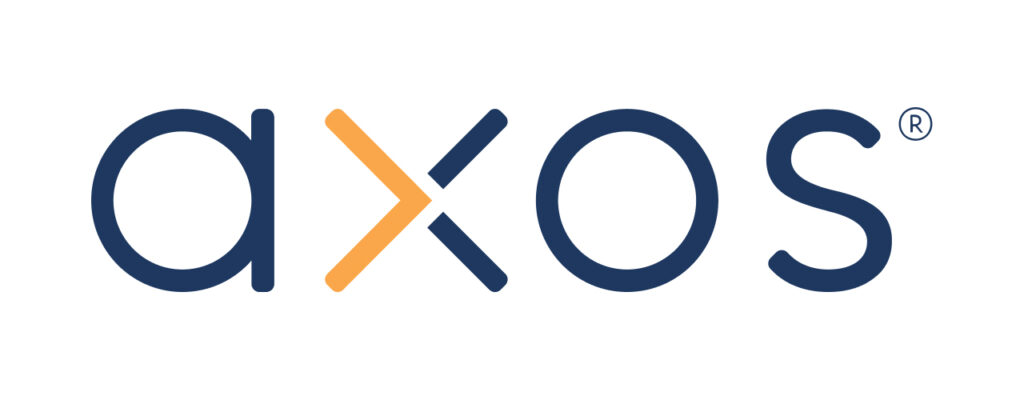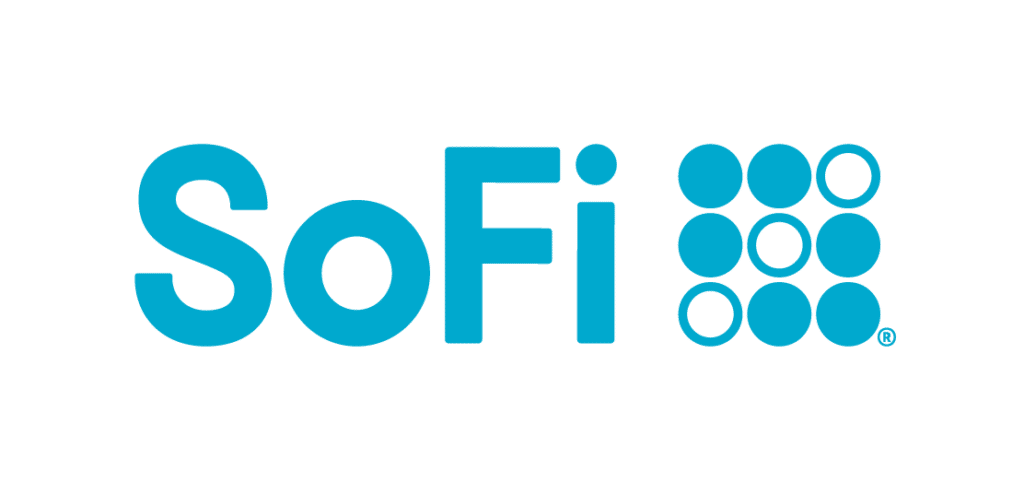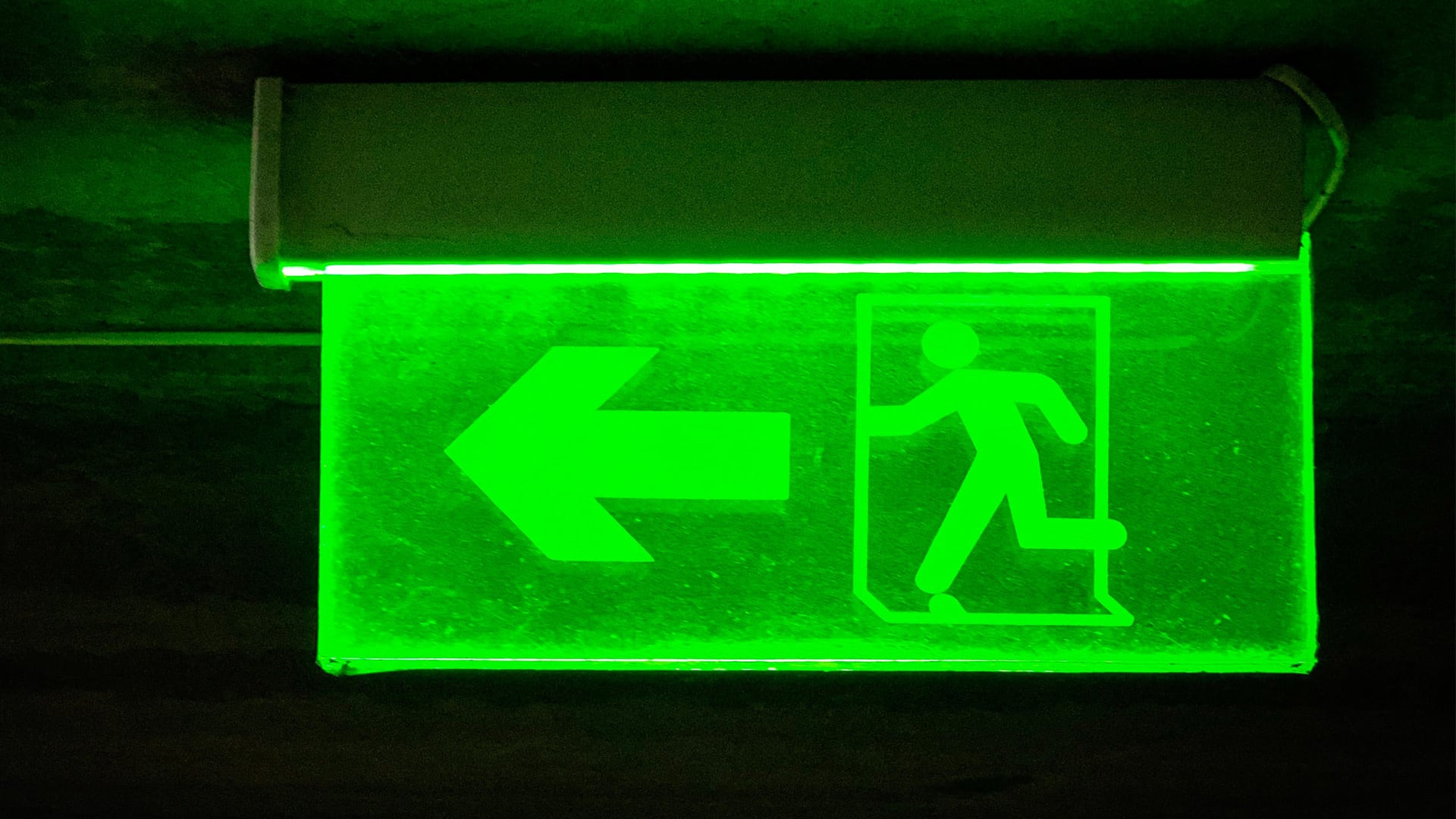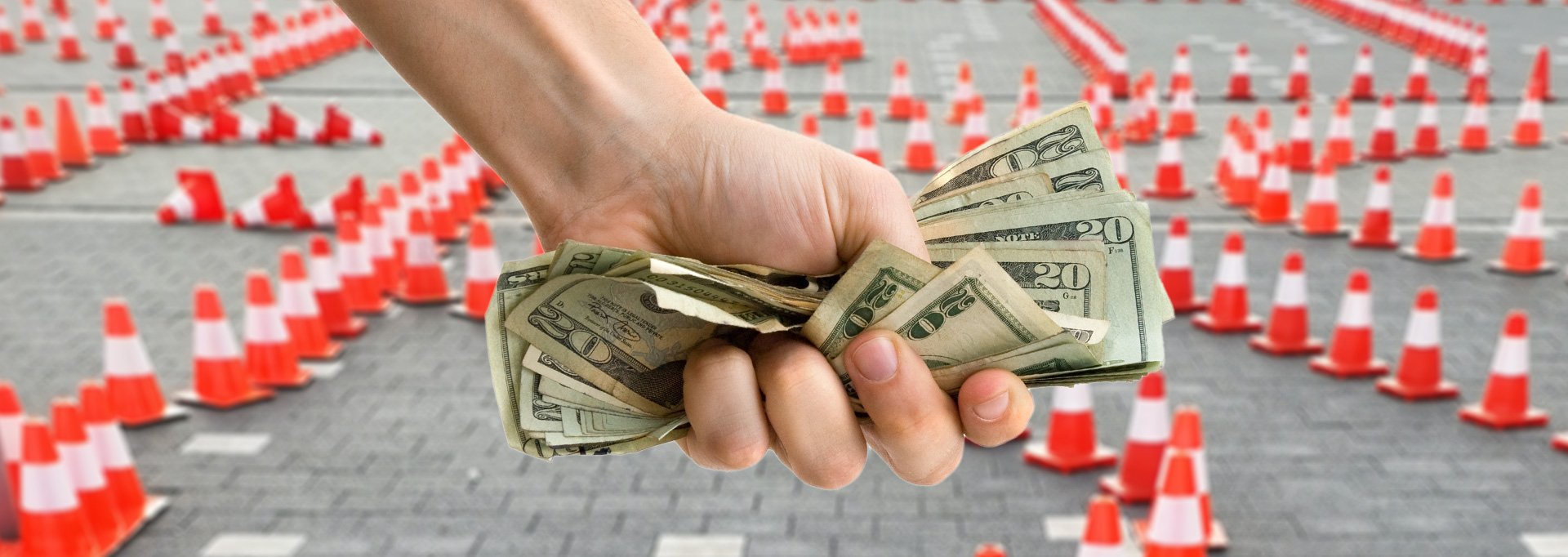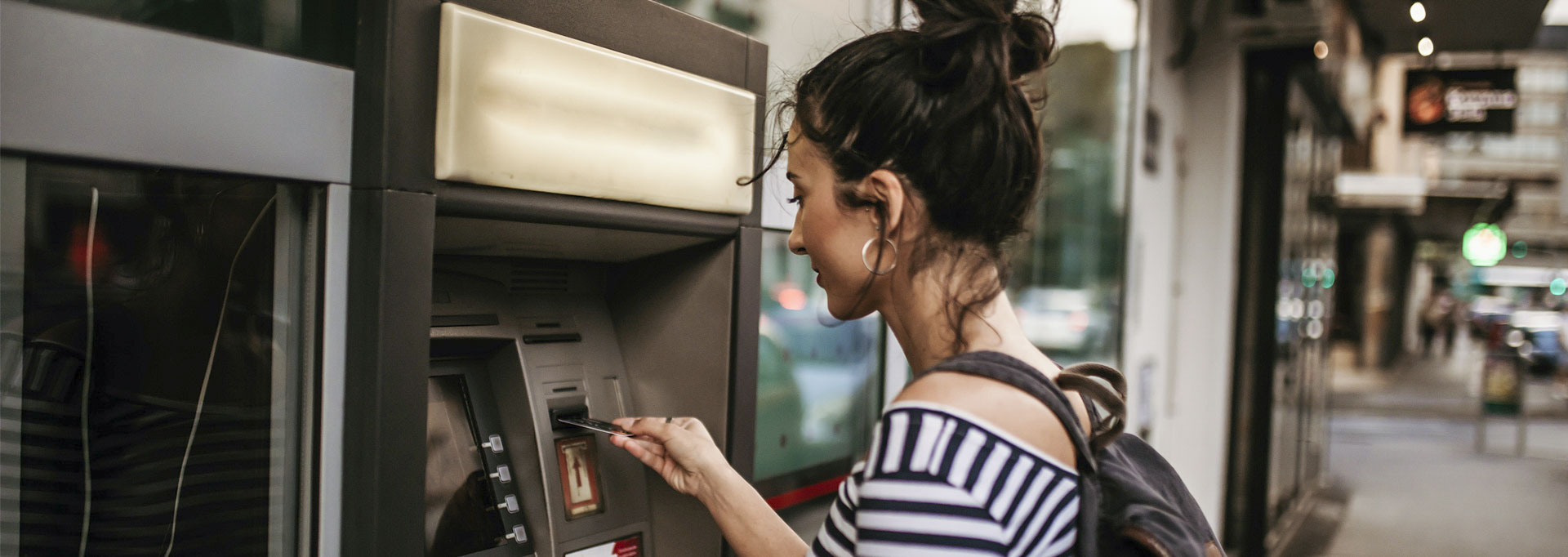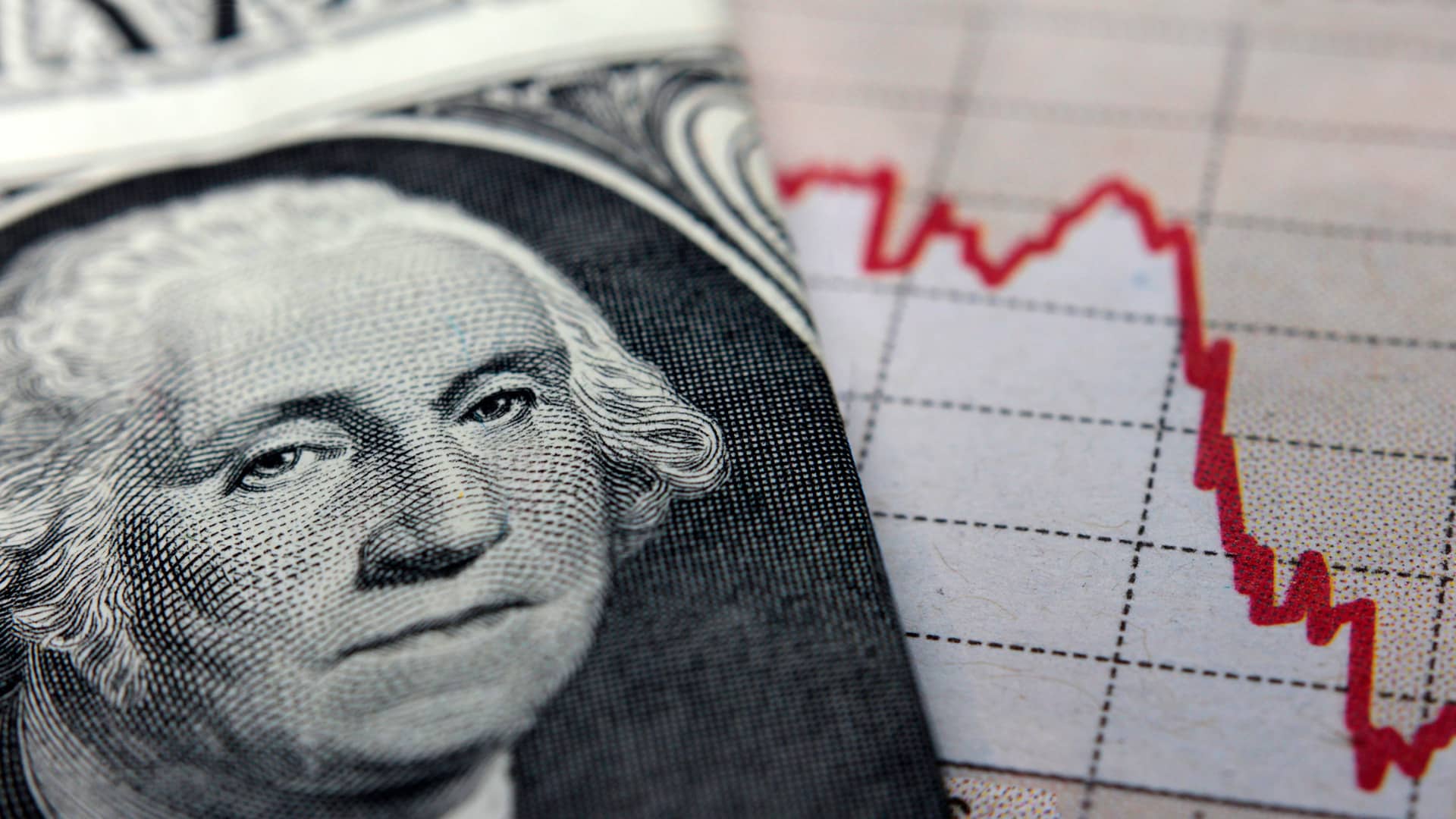Most products on this page are from partners who may compensate us. This may influence which products we write about and where and how they appear on the page. However, opinions expressed here are the author's alone, not those of any bank, credit card issuer, airline or hotel chain.
A well-stocked emergency fund can be
Many financial experts recommend saving a minimum of th
If you haven’t started building an emergency fund yet or you want to increase the size of your emergency savings, the tips below are worth exploring. Below are
Update Your Budget
Upda
There are many personal finance apps and
As you update your budget, make sure to includ
Use a Separate Bank Account
Another tip that could help you build your emergency fund is keeping your savings in a separate bank account. Opening a savin
Open a High-Yield Savings Account
Whether you decide to move your emergency fund to a separate bank or keep the money with your same financial institution, it’s a good idea to e
According to the Federal Deposit Insurance Corporation (FDIC), the average APY on a savings account as of August 21, 2023, wa
Recommended High-Yield Savings Accounts
| Bank Account | APY | Features | Learn More |
|---|---|---|---|
|
|
4.85%
*Annual Percentage Yield (APY) is variable and is accurate as of 11/15/2024. Rate is subject to certain terms and conditions. You must deposit at least $5,000 to open your account and maintain $25 to earn the disclosed APY. Rate and APY may change at any time. Fees may reduce earnings. |
$5,000 min. deposit |
Open Account |
|
|
Up to 4.86%
Earn up to 4.86% APY on savings, and 0.51% APY on checking when you meet requirements. |
No minimum deposit |
Open Account |
|
Member FDIC |
0.50% - 4.00%
SoFi members with Direct Deposit or $5,000 or more in Qualifying Deposits during the 30-Day Evaluation Period can earn 4.00% annual percentage yield (APY) on savings balances (including Vaults) and 0.50% APY on checking balances. There is no minimum Direct Deposit amount required to qualify for the stated interest rate. Members without either Direct Deposit or Qualifying Deposits, during the 30-Day Evaluation Period will earn 1.20% APY on savings balances (including Vaults) and 0.50% APY on checking balances. Only SoFi members with direct deposit are eligible for other SoFi Plus benefits. Interest rates are variable and subject to change at any time. These rates are current as of 12/3/24. There is no minimum balance requirement. Additional information can be found at http://www.sofi.com/legal/banking-rate-sheet. |
No minimum deposit |
Open Account |
|
|
4.35%
Earn 4.35% APY on balances over $5,000. Balances of less than $5,000 earn 0.25% APY. Annual Percentage Yield is accurate as of December 20, 2024. Interest rates for the Platinum Savings account are variable and subject to change at any time without notice. |
$100 minimum deposit |
Open Account |
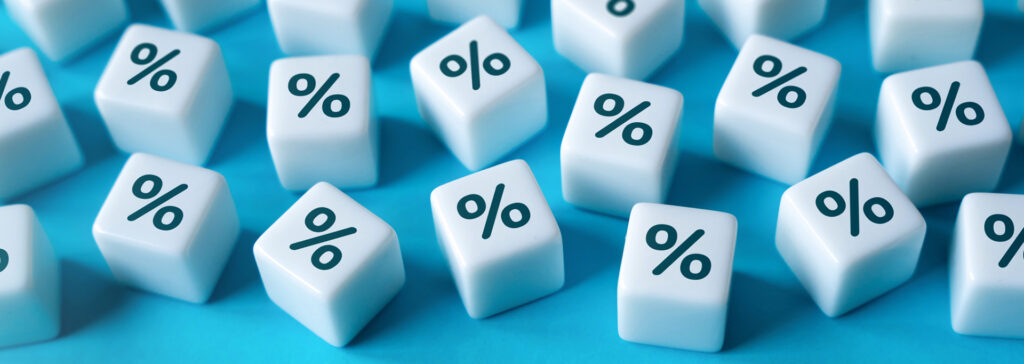 Related Article
Related Article
5 High-Yield Savings Accounts With Over 5.00% APY
Automate Your Savings
Once you decide how much money you want t
Many banks will allow you to sche
Take Advantage of Bank Bonuses
If you’re looking for out-of-the-box ways to boost your emergency savings, consider op
But be sure to re
Explore the Best Bank Bonuses Currently Available
Visit the Marketplace
Work a Side Hustle
Boosting your income could be another great way to build your emergency fund faster. Yet earning m
If you have the time, however, working a side gig or part-
Bottom Line
A well-established emergency fund can red
Think about the financial goals you want to reach after you buil


